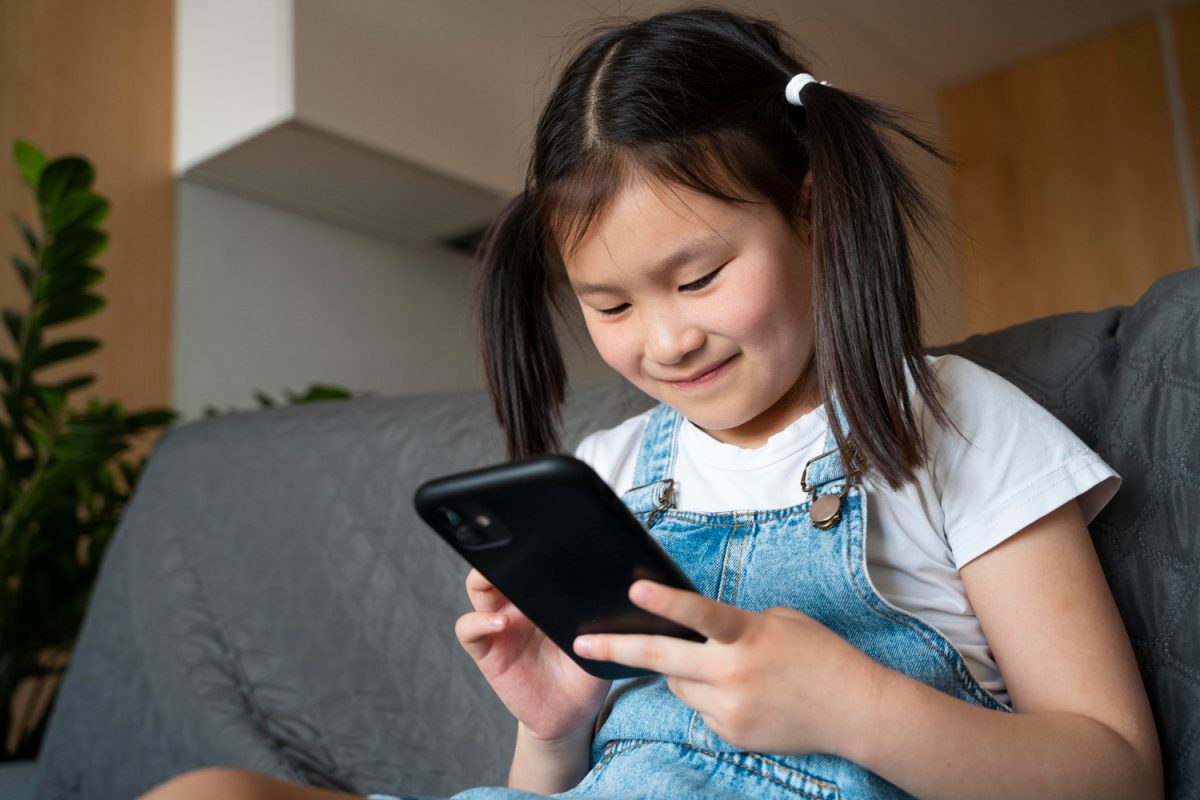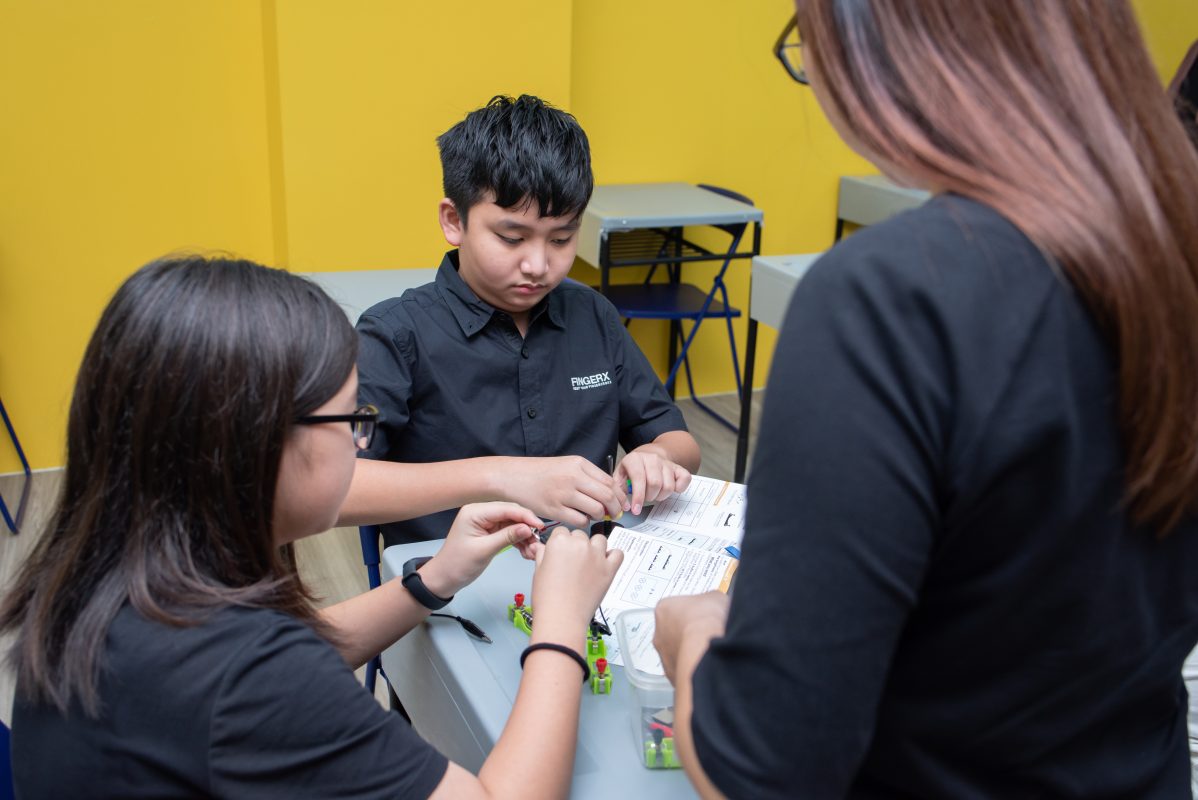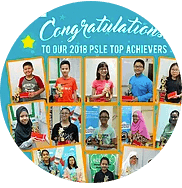In today’s digital age, managing screen time for primary school students is a challenge many parents in Singapore face. While technology has its benefits, too much screen time can harm a child’s physical and mental health. This article explores why managing screen time is important and provides practical tips for parents to create a healthier balance.
Why Managing Screen Time Matters
Excessive screen time can lead to various issues:
- Physical Health: Long hours on screens can cause eye strain and affect posture. Many children also miss out on physical activities, leading to potential weight problems.
- Mental and Emotional Health: Too much time spent online can affect sleep, increase stress, and lead to mood swings. Overuse of social media or online games may also impact self-esteem and focus.
- Balanced Lifestyle: A healthy routine includes time for school, play, and family bonding. Managing screen time ensures children have time for all these activities.
Guidelines for Healthy Screen Time
Experts recommend the following screen time limits for primary school children:
- 1–2 hours of recreational screen time per day.
- Prioritising educational use of screens during school hours.
Parents should also focus on the type of screen activity. Watching educational videos or using learning apps is better than endless scrolling or gaming.

Practical Tips for Parents
Here are some simple steps parents in Singapore can take to manage screen time effectively:
- Set Clear Rules:
- No screens during meals or before bedtime.
- Create a daily schedule that limits screen use.
- Encourage Offline Activities:
- Sign up your child for sports, arts, or music classes.
- Plan family outings, like visiting parks or attractions in Singapore.
- Be a Role Model:
- Limit your own screen use to show good habits.
- Spend quality time with your children without devices.
Using Technology for Learning
Technology can be beneficial when used for the right reasons. Encourage your child to:
- Use educational apps that improve reading, maths, or science skills.
- Watch videos or attend online classes that enhance learning.
Balance is key. Help your child see screens as a tool, not just a source of entertainment.

Incorporating Family Activities
Make screen-free family time a regular part of your routine. Some ideas include:
- Playing board games or card games together.
- Exploring outdoor spaces like Gardens by the Bay or East Coast Park.
- Cooking or baking as a family activity.
These moments strengthen family bonds while reducing dependence on screens.
Addressing Challenges
It’s normal for children to resist screen limits. To manage this:
- Explain the benefits of a balanced routine.
- Offer alternatives, such as letting them choose an activity they enjoy.
- Be consistent with rules to help them adapt over time.
During school holidays, when children have more free time, plan a mix of structured activities and free play to keep them engaged.
The Role of Schools, Tuition Centres, and the Community
Singapore’s schools play an important role in teaching children about balanced screen use. Many schools offer activities that encourage physical exercise, creativity, and mindfulness to counter the effects of excessive screen time. Digital literacy lessons also help children learn how to use technology responsibly.
Tuition centres are another key resource. Beyond academic support, many tuition centres integrate technology into learning in a controlled way, ensuring that screen time is productive rather than purely recreational. Parents can choose tuition centres that promote a balanced approach, combining interactive learning with offline teaching methods to keep children engaged without relying solely on screens.
Community centres and libraries also provide excellent opportunities for children to participate in workshops, enrichment classes, and recreational activities. These events not only offer screen-free alternatives but also help children develop social and emotional skills.
By working together, schools, tuition centres, and the community can help children build healthier habits and manage their screen time effectively. Parents can leverage these resources to create a well-rounded routine for their children.
Conclusion
Managing screen time for primary school students in Singapore is essential for their overall well-being. By setting clear rules, encouraging offline activities, and using technology wisely, parents can help their children develop healthy habits. Start today and create a balanced lifestyle for your family.

